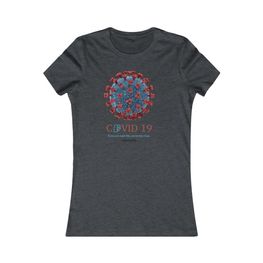According to recent research, the hormone oxytocin reduced the communication in different regions of the brain involved in the cognitive, sensory and emotional processing of food cues that are demonstrated in obese individuals when they look at high-calorie foods. The research may result in the production of a new drug—a synthetic nasal formulation of oxytocin for the treatment of obesity.
Oxytocin is a naturally occurring hormone known for its role in social bonding, childbirth and breastfeeding, it’s also critical for controlling food intake and weight. Previous research suggested that an oxytocin nasal spray, not yet approved in the United States, targeted brain pathways implicated in eating behavior which decreased food consumption in men.
"Knowing how the drug exerts its effects is a critical step toward establishing oxytocin as a drug treatment for overeating and obesity," said the study's lead investigator, Liya Kerem, M.D., M.Sc., a pediatric endocrinology fellow at MassGeneral Hospital for Children and a research fellow at Massachusetts General Hospital in Boston, Mass. "This study is exciting because it shows that oxytocin modulates the pathways in the brain specifically during their responses to highly palatable, rewarding foods."
The study found that in comparison to a placebo, oxytocin weakened the functional connectivity involved in the effective coordination between neural systems in brain responding to a task. No side-effects were reported.
"Individuals with obesity, compared to lean people, have abnormally hyperactivated brain reward areas when viewing high-calorie food images, even when they are full, suggesting an explanation for the observed behavior of overeating and a potential target for treatment with medications such as oxytocin," Kerem said.
Source: medicalxpress.com
-
APR 30, 2024Immuno-Oncology Virtual Event Series 2024
-
MAY 07, 20243rd International Biosecurity Virtual Symposium
-
JUN 06, 2024The Future of Scientific Conferencing
- See More


















































